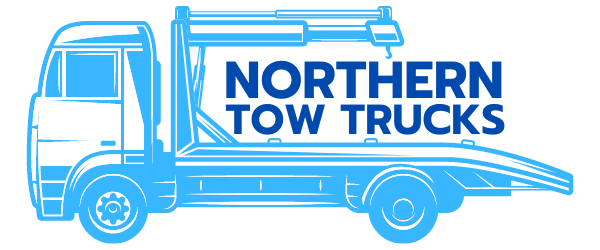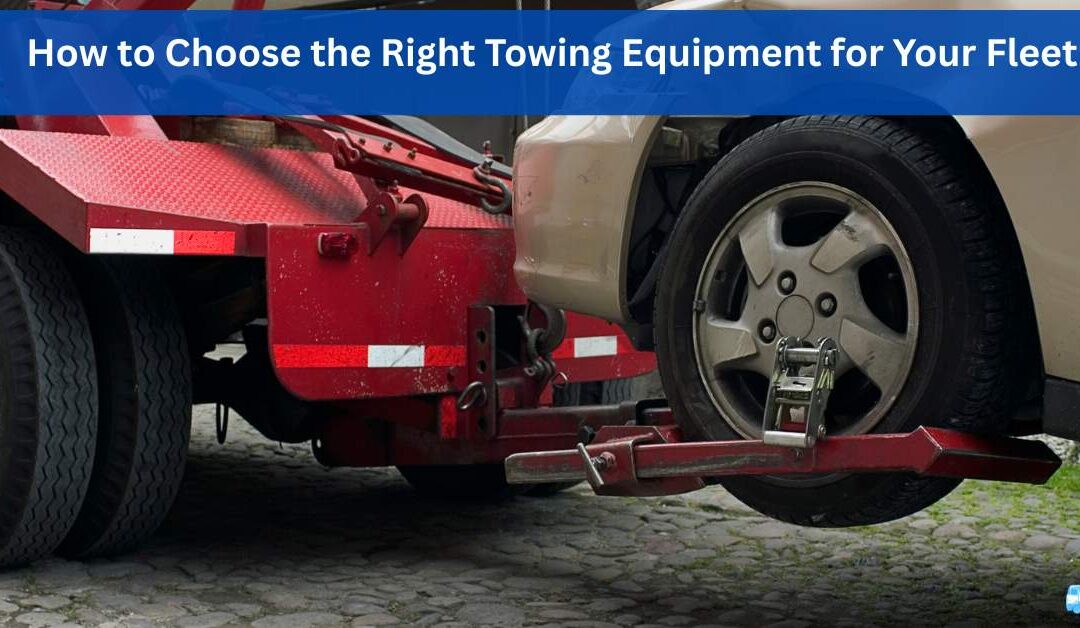Choosing the right towing equipment for your fleet is essential to ensure efficiency, safety, and long-term success in the towing and recovery industry. With a wide variety of vehicles and tools available — from light-duty wreckers to heavy-duty rotators — fleet managers must consider the types of services they offer, the demands of their local market, and the capabilities of their team. A strategic investment in towing equipment can increase your operational range, reduce breakdowns, and improve customer satisfaction.
Assess Your Towing Needs and Services Offered
The first step in choosing the right towing equipment is understanding what kind of work your fleet will perform. If your company specializes in passenger vehicle breakdowns, then light-duty wreckers or flatbed carriers will likely meet your needs. These vehicles are ideal for everyday towing of sedans, motorcycles, and small SUVs.
However, if your business deals with commercial vehicles, buses, or off-road recoveries, you’ll need medium- or heavy-duty wreckers. Rotators with extended boom capabilities are necessary for complex recoveries, such as overturned trucks or vehicles in hard-to-reach areas. Matching equipment to your service offerings ensures your fleet is ready to handle jobs safely and efficiently.
Consider Vehicle Compatibility and Capacity
Once you determine the type of work your fleet will handle, it’s important to evaluate the towing capacity and compatibility of different equipment options. Each tow truck and carrier has a Gross Vehicle Weight Rating (GVWR), which determines how much weight it can safely tow or carry. Overloading a vehicle not only shortens its lifespan but can also lead to fines, damage, or dangerous situations.
Choose equipment that can handle your most common tasks while leaving room for occasional heavy-duty demands. In some cases, it’s better to invest in a few versatile units with higher towing capacities rather than several light-duty trucks with limitations. Proper capacity planning also helps prevent vehicle strain and costly repairs over time.
Evaluate Technology, Features, and Build Quality
Modern tow trucks come with a variety of features that can make your fleet more efficient. Consider trucks with hydraulic wheel-lift systems, integrated controls, GPS tracking, camera systems, and enhanced safety features. Flatbeds with sliding decks and automatic tilt functions can improve load times and reduce the physical strain on operators.
The build quality of the truck body, frame, and components also matters. Durable materials like high-tensile steel or aluminum offer strength without adding unnecessary weight. Look for trusted manufacturers known for reliability, and inspect equipment for things like corrosion resistance, easy maintenance access, and weather-proofing.
Factor in Operator Skill and Training
Even the best equipment won’t perform well without skilled operators. When choosing towing equipment, consider the experience level of your drivers. Some trucks require advanced knowledge of hydraulic systems, load balancing, or off-road recovery techniques.
If your team is mostly new to towing, starting with user-friendly and semi-automatic systems can reduce training time and increase safety. As your team grows in experience, you can scale up to more specialized equipment. It’s also wise to provide regular training so your operators are confident and competent with every piece of gear in your fleet.
Plan for Future Growth and Versatility
Your fleet should be equipped not just for today’s needs but for future expansion. Investing in adaptable and upgradable equipment helps you stay competitive and take on a broader range of jobs. For example, a flatbed with a detachable wheel-lift offers greater flexibility than a fixed setup.
You should also consider serviceability and parts availability when selecting towing equipment. Partnering with brands that have a strong dealer network or local support can reduce downtime and ensure quicker repairs when needed.
Conclusion
Choosing the right towing equipment for your fleet is a critical decision that affects safety, productivity, and your company’s bottom line. By assessing your services, understanding your capacity requirements, focusing on quality and usability, and planning for growth, you can build a reliable, efficient, and future-ready towing fleet. With the right mix of vehicles and tools, your business will be better equipped to handle any challenge the road throws your way.
Northern Tow Trucks
620 Canning St
Carlton North VIC 3054
(03) 7064 2500

